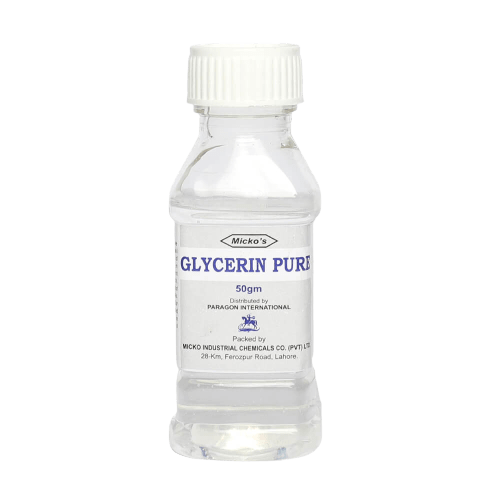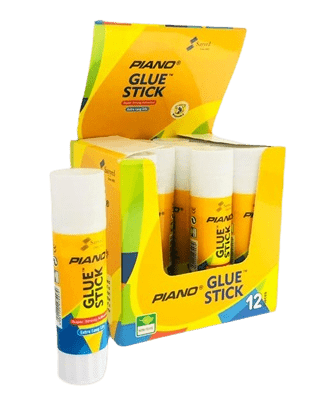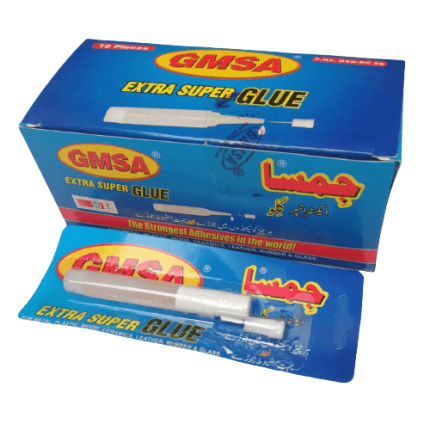Glycerine (also known as glycerol) is a clear, odorless, and viscous liquid commonly used in cosmetics, pharmaceuticals, and food industries. It is a natural compound derived from plant oils or animal fats and is known for its moisturizing, lubricating, and humectant properties.
Key Features of Glycerine:
- Moisturizing Agent:
- Glycerine is a powerful humectant, meaning it attracts moisture from the air and locks it into the skin, making it a popular ingredient in skincare products such as lotions, creams, and soaps.
- Versatile Uses:
- Skincare: Used in moisturizers, soaps, and cleansers to hydrate and soothe dry skin.
- Haircare: Found in conditioners and shampoos to add moisture to dry or damaged hair.
- Pharmaceuticals: Used in medicines, ointments, and syrups to improve texture and stabilize formulations.
- Food Industry: Acts as a sweetener, preservative, and thickener in various food products like candies and icing.
- Non-Toxic and Safe:
- Glycerine is generally recognized as safe (GRAS) for use in both cosmetic and food products. It’s gentle on the skin and non-irritating, even for sensitive skin.
- Soothing Properties:
- It has a soothing effect on skin irritations and helps in healing wounds, burns, and other skin problems by keeping the skin moisturized and aiding in cell repair.
- Lubricant:
- Glycerine can also be used as a lubricant in medical and industrial applications due to its smooth, slippery texture.
- Clear and Odorless:
- It is a colorless, odorless liquid, making it an ideal ingredient in products where neutral appearance and scent are needed.
Benefits of Glycerine:
- Hydration: Deeply moisturizes the skin by drawing moisture from the environment.
- Healing: Helps in wound healing and can treat conditions like eczema, psoriasis, and dry skin.
- Non-Greasy: Unlike oils, glycerine provides moisture without leaving a greasy residue.
- Safe for All Skin Types: It’s suitable for sensitive, dry, and normal skin, making it a versatile ingredient.
Common Uses:
- DIY Skincare: People often use pure glycerine mixed with rosewater, lemon juice, or aloe vera for homemade moisturizers.
- Haircare: Glycerine can be mixed into conditioners or hair masks to improve hair moisture.
- In Soaps: Acts as a moisturizer in soaps, leaving skin soft and supple after washing.
- As a Humectant in Food: Used to retain moisture in baked goods, candies, and other processed foods.
Glycerine is a highly beneficial and versatile ingredient, providing moisturizing, healing, and protective properties for the skin, hair, and more.



